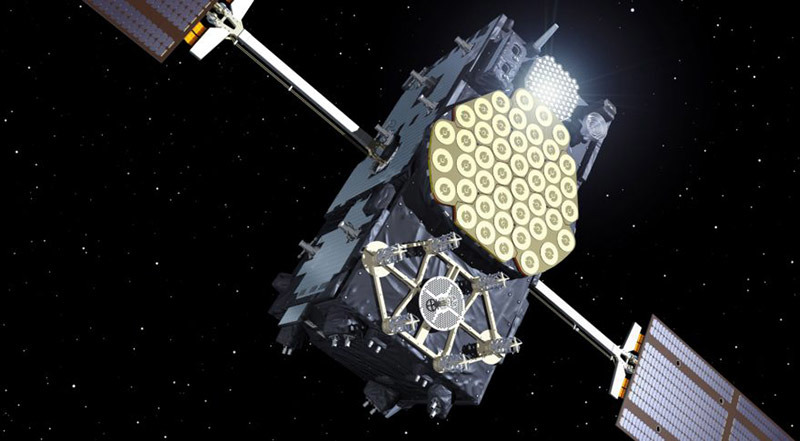US iPhones and iPads might soon access EU's Galileo satellite navigation system thanks to FCC order
Apple iPhone and iPad owners in the U.S. might soon see improvements to GPS accuracy and reliability, as the Federal Communications Commission on Thursday approved a request to grant consumer devices access to Europe's Galileo Global Navigation Satellite System.
The FCC order, which in part grants a European Commission request to waive FCC rules, allows non-federal devices to access certain signals transmitted from Galileo satellites. Because Galileo is global, compatible consumer devices will be able to augment the U.S. Global Positioning System (GPS) for improved availability, reliability, and resiliency of these position, navigation, and timing services in America, the FCC says.
Galileo is a prime candidate for consolidation with GPS in supporting devices, as the foreign GNSS system is interoperable and radio frequency compatible with its U.S. counterpart. Specifically, the FCC order permits access to Galileo's E1 signal — transmitted in the 1559-1591 MHz portion of the 1559-1610 MHz Radionavigation-Satellite Service (RNSS) frequency band — and the E5 signal — transmitted in the 1164-1219 MHz portion of the 1164-1215 MHz and 1215-1240 MHz RNSS
bands. Those same bands are also utilized by GPS.
"This breakthrough serves the public interest across many areas of our economy, including the automotive, aviation, rail, maritime, and agriculture industries," FCC Chairman Ajit Pai said in a statement that quizzically includes reference to Queen's "Bohemian Rhapsody." "It will also produce public safety benefits by reducing risks of accidents and disaster, aiding emergency response, and synchronizing power grids and critical infrastructure. And with our action today, we'll hopefully make it easier for mariners to find their way to their destination 'any way the wind blows.'"
The FCC notes consumer devices in the are not granted access to the Galileo E6 signal, as the band is not allocated for RNSS in the U.S. or used by the U.S. GPS to provide PNT services.
With the order in place, Apple now has an opportunity to activate Galileo signal reception in compatible iOS devices. The company first delivered Galileo support with iPhone 8 in 2017, about a year after the GNSS went live in late 2016. This year's iPhone XS and XR, as well as Wi-Fi + Cellular versions of the new iPad Pro, are also compatible with the service.
 Mikey Campbell
Mikey Campbell











 Malcolm Owen
Malcolm Owen
 William Gallagher and Mike Wuerthele
William Gallagher and Mike Wuerthele
 Christine McKee
Christine McKee
 William Gallagher
William Gallagher

 Marko Zivkovic
Marko Zivkovic









